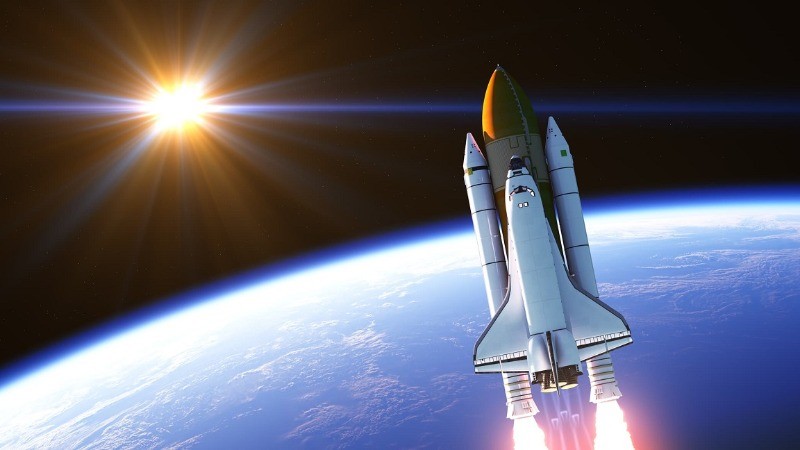Every year, from October 4 to October 10, the world comes together to celebrate World Space Week (WSW), an event dedicated to highlighting the importance of space science and technology in our lives. Established by the United Nations General Assembly in 1999, these dates hold special significance in the history of space exploration. October 4, 1957, marks the launch of Sputnik 1, the first human-made Earth satellite, which opened the door to a new era of exploration beyond our planet. Meanwhile, October 10, 1967, commemorates the entry into force of the Outer Space Treaty, which laid the groundwork for peaceful international cooperation in space activities.
What is World Space Week?
World Space Week is not just a celebration; it is a global initiative aimed at fostering a greater understanding of space science and its impact on society. The event seeks to achieve several key objectives:
- Promoting Space Outreach and Education: WSW provides a unique platform for educational activities, making space science accessible to people of all ages. Schools, universities, and organizations around the globe engage in various programs, workshops, and events to inspire curiosity about the universe.
- Raising Awareness of Space Benefits: The week aims to educate the public about the numerous benefits of space technology, from satellite communications and weather forecasting to GPS navigation and disaster management. Understanding these applications can help people appreciate the crucial role space plays in enhancing our daily lives.
- Encouraging Sustainable Economic Development: By emphasizing the importance of space exploration, WSW encourages nations to harness space technology for sustainable development. This includes using satellites for agriculture, environmental monitoring, and resource management to address global challenges.
- Demonstrating Public Support for Space Programs: World Space Week fosters public enthusiasm for space initiatives and programs. Increased awareness can lead to greater investment and support for scientific research and exploration.
- Exciting the Next Generation: The event aims to inspire young minds to pursue careers in science, technology, engineering, and mathematics (STEM). Through engaging activities, competitions, and educational resources, WSW hopes to ignite passion in students, encouraging them to explore the possibilities of a future in space.
- Fostering International Cooperation: Space knows no borders, and WSW is a testament to the collaborative spirit of nations working together in the pursuit of knowledge. It highlights the importance of international partnerships in advancing space exploration and addressing global issues.
- How to Celebrate World Space Week
World Space Week provides numerous opportunities for individuals, schools, and organizations to get involved:
- Host Educational Events: Schools and universities can organize workshops, lectures, or interactive sessions featuring space scientists, astronomers, or educators to share their knowledge and enthusiasm for space.
- Participate in Community Activities: Local organizations and space agencies often host events such as stargazing nights, space-themed exhibitions, and science fairs. Joining these events can provide a hands-on experience of space exploration.
- Engage in Social Media Campaigns: Use social media platforms to spread the word about World Space Week. Share interesting facts, photos, and videos related to space exploration, and encourage others to join the celebration.
- Explore Online Resources: Numerous websites offer educational materials, activities, and resources that can help individuals learn about space science from the comfort of their homes.
- Support Space Initiatives: Show your support for space programs by advocating for increased funding and research in your local communities and beyond. Encourage leaders to recognize the importance of space exploration for future generations.
World Space Week serves as a powerful reminder of humanity's achievements in space exploration and the potential that lies ahead. As we celebrate this week, let us take a moment to reflect on how far we have come and the exciting journey that awaits us in the cosmos. By fostering a deeper understanding of space science, we can inspire future generations to dream big, explore the unknown, and contribute to the betterment of our world through the wonders of space technology.
